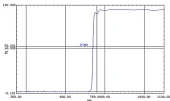Description
740nm Longpass Filter with a Hard Coat and High Transmission Rate
One of our standout products is the 740 nm Long Pass Filter. Designed with meticulous attention to detail, this longpass filter is an essential component for a wide range of optical applications. It features a hard film coating, ensuring a long service life and durability under various conditions. Its precision manufacturing guarantees wavelength accuracy, making it a reliable choice for professionals who demand the best in optical performance.
The 740 nm Long Pass Filter is crafted from high-quality materials such as fused silica, B270, float glass, or other optical glass, ensuring superior performance. With an impressive transmission rate of over 95% and a cutoff rate of less than 0.05%, this longpass filter offers high penetration and exceptional cut-off depth. The ion plating process used in its production minimizes temperature drift, further enhancing its reliability and performance.
Shandong Yanggu Constant Crystal Optics, Inc. has been a trusted name in the field of optical glass component manufacturing since 2006. With a focus on precision and quality, we have been delivering exceptional optical solutions to meet the diverse needs of our clients. Our commitment to innovation and excellence has positioned us as a leader in the industry.
740nm Longpass Filter, Hard Coated, High Transmission Rate
Specifications
| Transmission Wavelength Range: | 730 – 1100 nm |
|---|---|
| Cut-On Wavelength: | 720 nm |
| Transmission: | 95 % |
| Blocking (Optical Density): | OD>=3 |
| Filter Type: | Longpass Filter |
| Coating Type: | Hard film Coated |
| AOI: | 0°±5° |
| Central Wavelength: | 740nm±3nm |
| Cutoff Wavelength: | 300nm~720nm |
| Cutoff Rate: | <0.05% |
| Passing Wavelength: | 730nm~1100nm |
| Transmission: | >95% |
| Scratch-Dig: | 60/40 |
| Raw Material: | Fused Silica, B270, Float Glass, or other optical glass |
Features
Advantages
- Plated with hard, long service life
- Wavelength accuracy
- Ion plating with low temperature drift
- High penetration rate
- High cut-off depth
Applications
- Optical Instruments: The 740nm Longpass Filter with a Hard Coat and High Transmission Rate Enhance the performance of spectrometers and other optical devices by allowing the passage of specific wavelengths while blocking others.
- Photography: This longpass filter improve image quality by filtering out unwanted wavelengths, particularly in infrared photography.
- Medical Imaging: Used in devices that require precise wavelength selection for accurate imaging and diagnostics.
- Laser Systems: Protects sensitive components by blocking specific wavelengths and allowing others, crucial in laser applications.
- Scientific Research: Essential for experiments that require precise control of light wavelengths, such as fluorescence microscopy.
- Industrial Applications: Used in quality control processes where specific light filtering is required to detect material properties.
- Astronomy: Enhances telescope imaging by filtering out light pollution and isolating specific wavelengths of interest.
- Telecommunications: Improves signal clarity by filtering out noise in optical communication systems.
Frequently Asked Questions
What type of filter is the 740 nm longpass filter?
What is the central wavelength of the 740 nm longpass filter?
What materials can be used for the raw material of the filter?
What is the transmission rate of the filter in the passing wavelength range?
What is the cutoff wavelength range for the 740 nm long pass filter?
What is the coating type used on the filter?
What are some advantages of the 740 nm long pass filter?
Similar Products
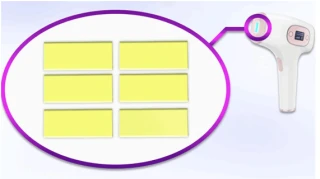
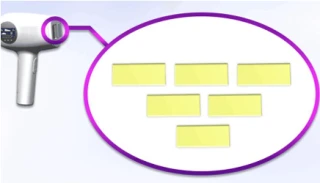
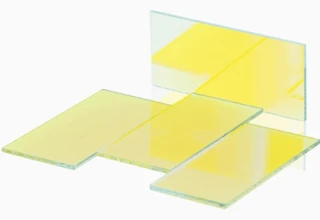
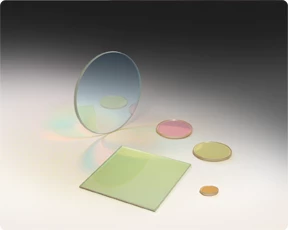
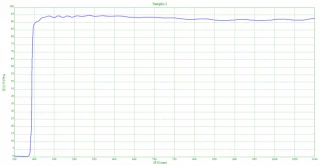
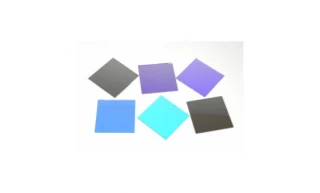
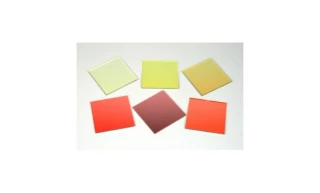
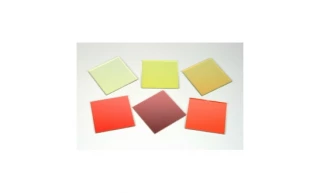
Your inquiry has been received.
Create an account by adding a password
Why create an account?
- Auto-complete inquiry forms
- View and manage all your past messages
- Save products to your favorites
- Close your account anytime — no hassle

